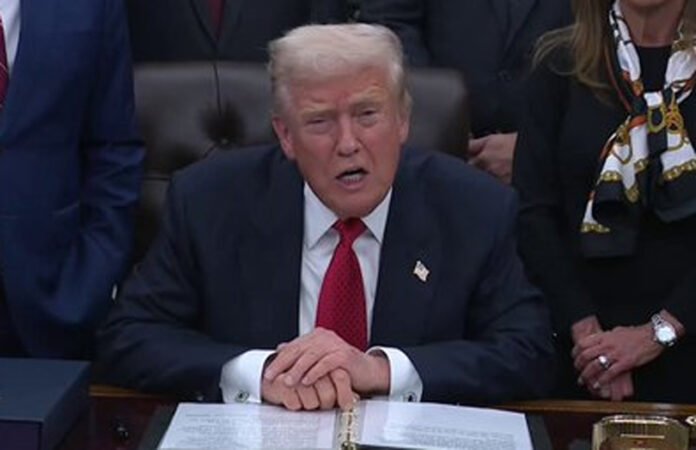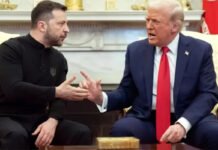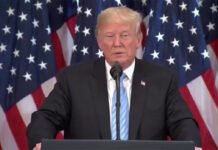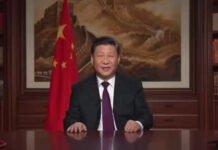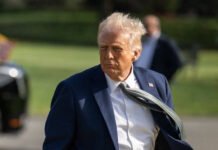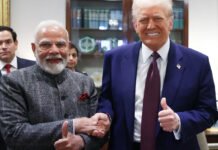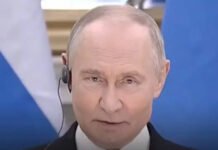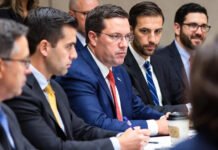Washington, D.C.: The US President Donald Trump has reversed his earlier hardline stance on H-1B visas, a program widely used by Indian and international tech professionals. The move follows weeks of intense lobbying from Silicon Valley leaders who warned that restrictive immigration rules could harm America’s innovation and competitiveness.
According to reports from Washington insiders, Trump’s advisers held a series of closed-door meetings with executives from major tech firms — including Google, Apple, and Microsoft — who emphasized that foreign skilled talent forms the backbone of the US digital economy. The H-1B program allows US employers to hire highly skilled workers in specialized fields, including artificial intelligence, cybersecurity, and data science.
“The administration has realized that restricting high-skilled immigration risks sending innovation offshore,” said Dr. Melissa Grant, a policy analyst at the Center for Strategic and Economic Studies (CSES). “This pivot is less ideological and more economic — a recognition of market realities.”
The reversal marks a notable change in Trump’s earlier rhetoric, which had framed H-1B visas as tools for job displacement. Sources within the administration described the shift as a “strategic recalibration” influenced by both economic pressure and the need to maintain US leadership in emerging technologies.
Lobbying disclosures show that tech industry groups spent over $65 million in the last fiscal year advocating for immigration flexibility, cybersecurity funding, and AI regulation clarity. The US Chamber of Commerce also supported easing visa norms, citing a record 1.7 million unfilled tech jobs nationwide.
Trump’s critics, however, remain skeptical of the sincerity behind the move. Dr. Evan Marshall, a political commentator in Washington, described the former president as “a real estate dealer navigating global politics,” suggesting that the decision was tactical rather than transformational. “He’s responding to market pressure — not shifting ideology,” Marshall added.
The H-1B visa program has long been a point of contention between the US and countries like India, whose nationals account for nearly 70% of total H-1B recipients, according to USCIS data. Analysts say the policy softening could offer relief to thousands of Indian tech professionals facing uncertainty over visa renewals and extensions.
With elections approaching and global competition for tech talent intensifying, the move signals a pragmatic recalibration — one that underscores Silicon Valley’s continuing influence over Washington’s economic decisions.

